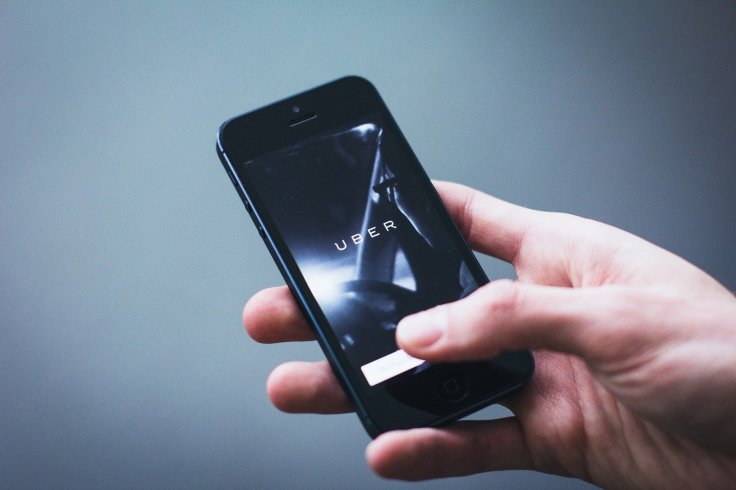Uber has finally decided to end ties with Colombia, as the company said that it will be withdrawing its services from that country this month end. The news comes days after Colombian authorities asked the ride-hailing company to suspend its services in that country on grounds of unfair competition rules.
Uber said that the ruling was "arbitrary" and although it will stop operations in Colombia, it will take all necessary legal steps to defend all its 88,000 drivers and over 2 million users in that country. Uber has been facing multiple issues at a number of other countries and cities that includes allegations of unfair competition rules and safety and security of its riders.
Uber continues to face the heat

Uber started operations in Colombia six years ago and was the first ride-hailing service to start operations in the country. However, there has been a long battle between Uber and traditional taxis in that country. In December, the Superintendence of Industry and Commerce (SIC) said that Uber was skirting laws governing the public transport market in Colombia and ordered the company to immediately suspend its services in that country.
Uber called the ruling "arbitrary" and has now decided to exit Colombia on January 31, which means the services will be unavailable from midnight on that day. However, the company also said that it will be taking all necessary legal steps to defend its 88,000 drivers and 2 million riders.
The company, in a statement, said, "We've used all our legal resources (...) to defend the two million users who choose how they move around the country and the opportunity for the 88,000 registered drivers using the app to make additional money to help sustain their families," Uber said in a statement. The company, apparently, sent a letter to the Colombian agency earlier this week saying that it was considering suing.
Drive-hailing services in crisis

Not only Uber, a number of other driving hailing services have come under pressure lately. In fact, apart from Uber there are other drive hailing services like Cabify, Didi and Beat which have a significant presence in Columbia. However, the representing lawyer Columbia's Superintendence of Industry and Commerce said in December that the agency will go after others also.
Uber's troubles particularly have been growing in several other countries. In December, a regional court in Frankfurt banned the ride-hailing service provider to operate in Germany as it found multiple competition violations. Prior to that, in November, the Transport of London declined the ride-hailing service provider's request for a new London license citing reasons of multiple breaches that put riders and their safety at risk.
Uber in many of these places has also appealed the ruling. However, an appeal means, Uber will now have to go through a legal process, which might take months, and even years, for the company to come out of the problem.








